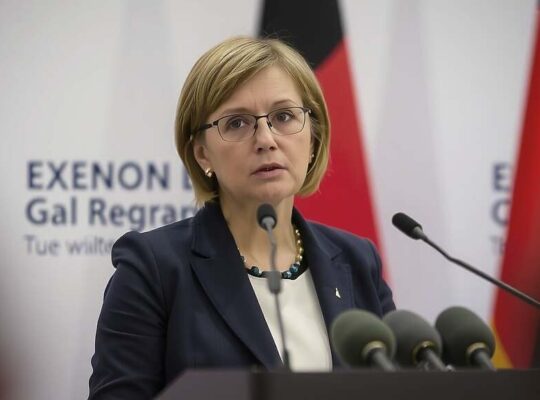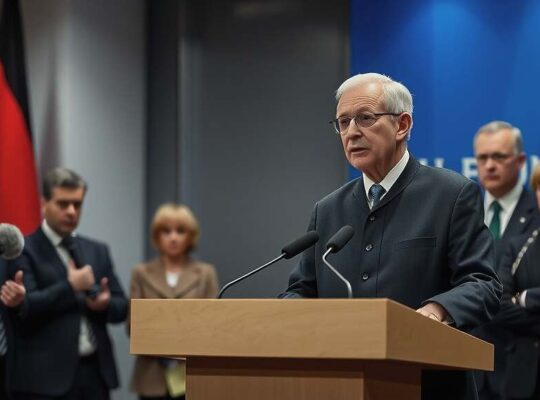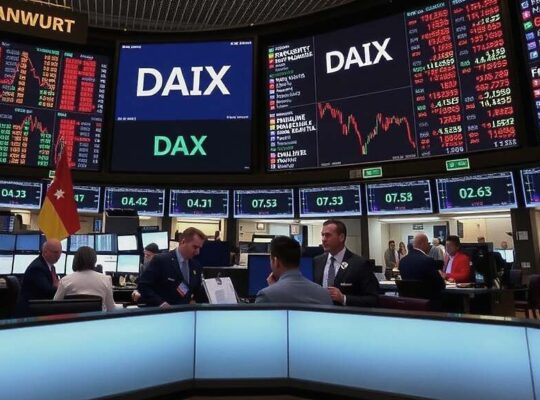Germany’s tourism sector presents a complex picture, revealing a diverging trend between domestic and international visitors. Preliminary data released Friday by the Statistical Federal Office (Destatis) indicates 59.4 million overnight stays were recorded in August 2025, a marginal 0.7% increase compared to the same period in 2024. However, a closer look reveals a significant decline in international tourism offsetting growth driven by German travelers.
The number of overnight stays by domestic guests rose by 1.6% in August 2025, reaching 49.7 million. This reflects a potential shift towards prioritizing local travel, possibly influenced by economic uncertainties or evolving post-pandemic travel preferences. Simultaneously, overnight stays by international guests plummeted by 3.8%, totaling 9.8 million, a stark contrast to the previous year. This decline raises concerns about Germany’s attractiveness to foreign tourists and the effectiveness of recent promotion efforts.
Examining the January-August 2025 period, overall overnight stays reached 339.2 million, a slight decrease of 0.1% compared to the record 339.4 million recorded in the first eight months of 2024. While domestic tourism experienced a modest uptick of 0.6%, with 282.7 million overnight stays, international visitor numbers continued their downward trajectory, falling by 3.1% to 56.5 million.
The disparity in these trends necessitates a critical evaluation of Germany’s tourism policies. The reliance on domestic travel, while currently providing stability, risks limiting the sector’s overall economic impact-international tourism typically contributes significantly to export revenue and job creation. Further investigation is needed to pinpoint the causes behind the declining international visitor numbers, which could range from macroeconomic factors impacting travel budgets to perceived shifts in Germany’s appeal as a destination. Experts suggest a more proactive approach is required, focusing on targeted marketing campaigns and addressing potential barriers to entry for international travelers, to revitalize the sector and ensure long-term sustainability. The current data poses questions about the government’s long-term strategy for fostering a balanced and resilient tourism economy.












